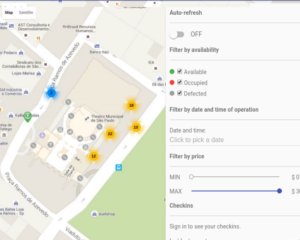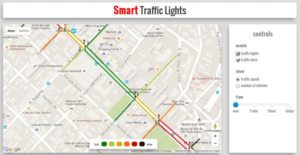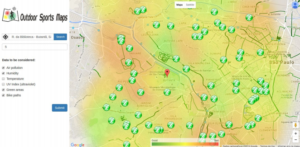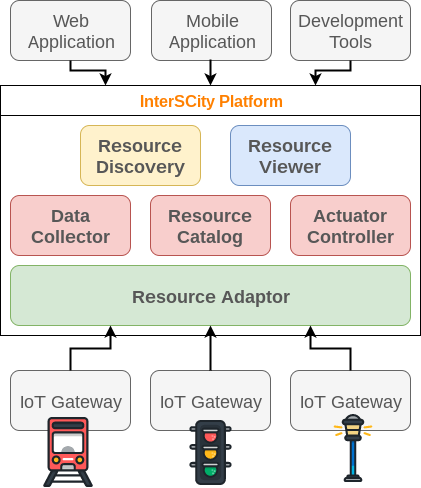The InterSCity platform is an open source project licensed under MPL 2.0 to technically support the development of Smart Cities projects. It has been developed by the Smart City Research Group from the Institute of Mathematics and Statistics, University of São Paulo, in the context of the INCT InterSCity with contributions from researchers from the Federal University of Maranhão (UFMA) and the Pontifical Catholic University of Rio de Janeiro (PUC-Rio).
The main purpose of the InterSCity platform is to provide high-level services and APIs to support the development of novel services for cities by gathering key-enabling technologies such as IoT, Big Data, and Cloud Computing. The platform adopts a microservice architecture to properly support the integration of a large amount of devices and data, and provide quality city-scale services.
Among others, the platform provides the following features:
If you want to cite this work, we suggest you cite the following paper:
Arthur de M. Del Esposte, Eduardo F. Z. Santana, Lucas Kanashiro, Fabio M. Costa, Kelly R. Braghetto, Nelson Lago and Fabio Kon. Design and evaluation of a scalable smart city software platform with large-scale simulations. In: Future Generation Computer Systems. Volume 93, April 2019, Pages 427-441.
Master Students:
Professors:
Other researchers:
Several students from Universtity of São Paulo have developed toy applications during programming courses on the top of InterSCity platform. They use both real and simulated data to provide useful services for citizens and applications to support the work of city managers.



The following diagram presents a summarized overview of the development services provided by the platform:

The Platform provides high-level RESTful services to support the development of smart city applications, services, and tools for different purposes and domains. Currently, it is composed of six different microservices that provide features for the integration of IoT devices ( Resource Adaptor ), data and resource management ( Resource Catalog , Data Collector and Actuator Controller ), resource discovery through context data ( Resource Discovery ) and visualization ( Resource Viewer ).
The platform intermediates all communication between smart city applications and IoT devices, as well as the complexity of city-scale data management. Specific IoT Gateways register city resources and post their sensorized data to the platform through the Resource Adaptor API. IoT Gateways may also subscribe to receive notifications to act over underlying actuator devices.
For more information about InterSCity microservices’ architecture, check the detailed documentation.
Check out how the InterSCity platform was used in a Smart Cities Course at the Federal University of Maranhão, Brazil.
Check out an introductory video on the InterSCity platform (in portuguese only)